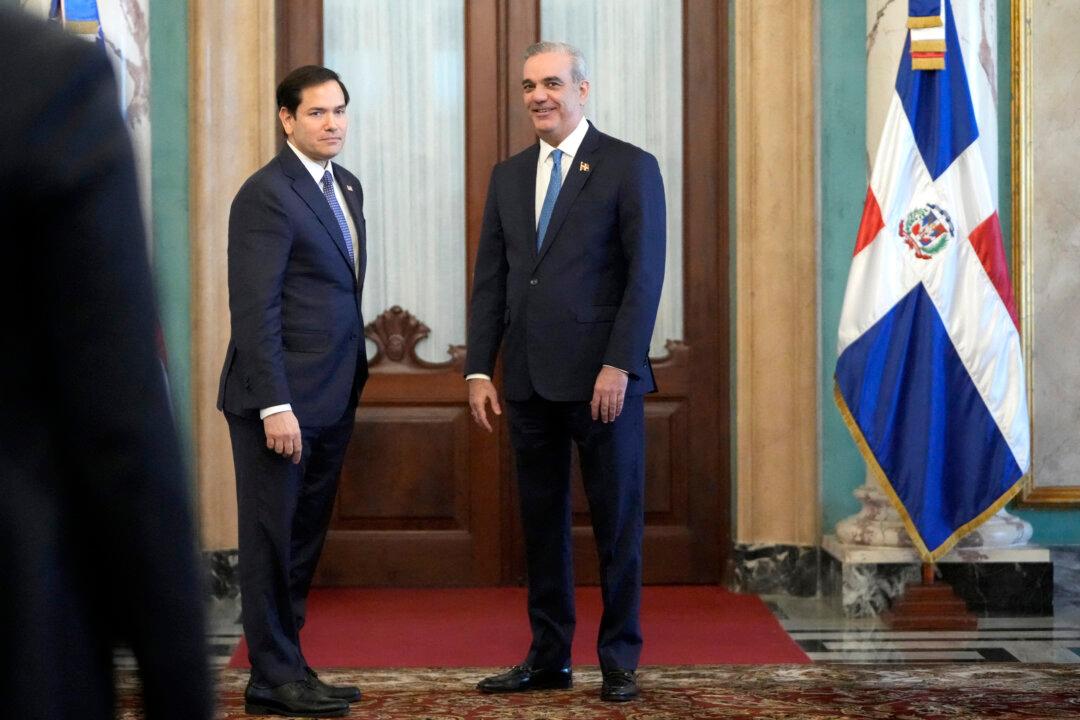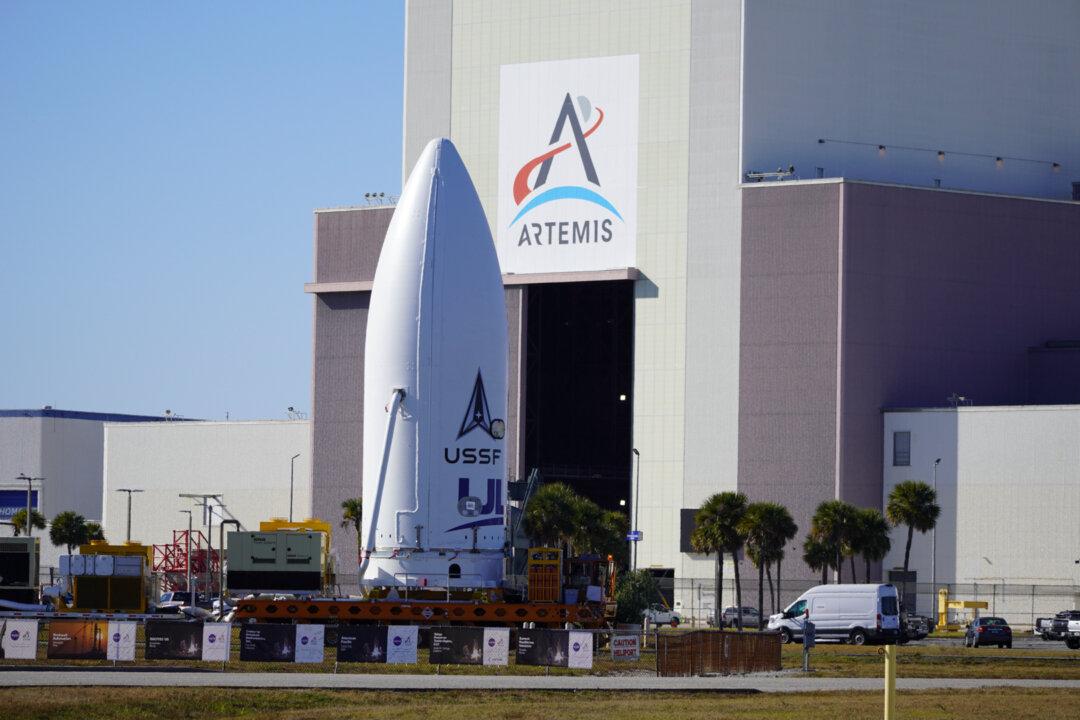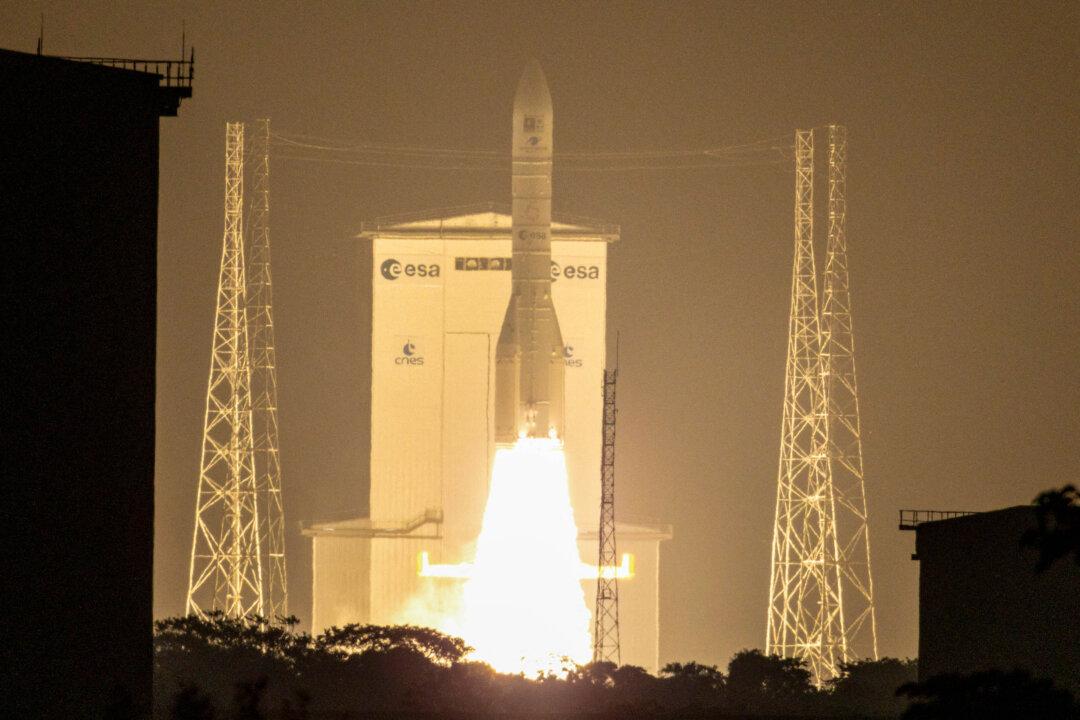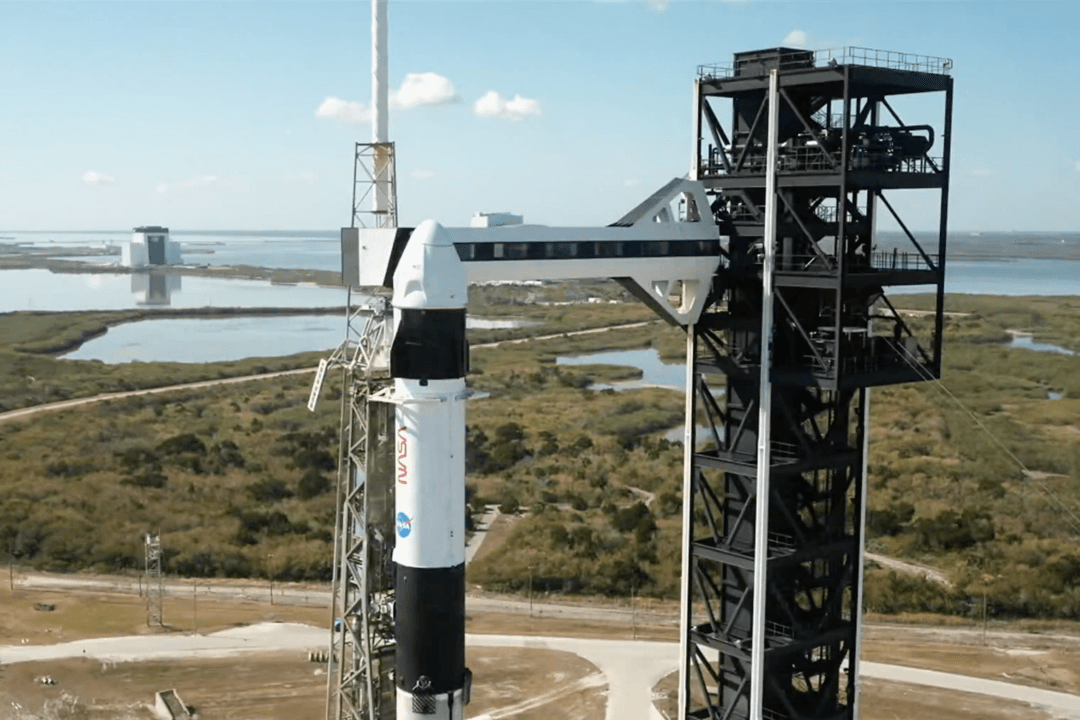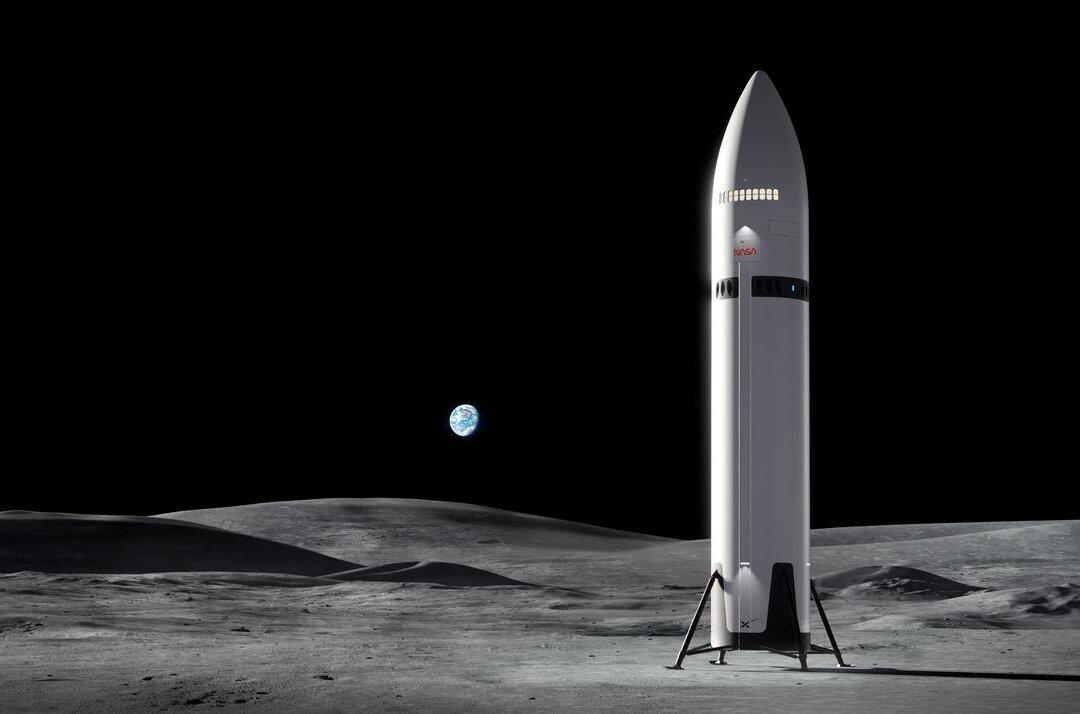Luis Abinader, president of the Dominican Republic, announced the appointment of a drug czar after meeting with U.S. Secretary of State Marco Rubio on Feb. 6, confirming a joint effort to fight drug trafficking.
“I thank the U.S. for its support in the fight against drug trafficking, organized crime, and irregular migration, which shows our shared commitment for a Caribbean that is safer and more prosperous,” Abinader said via a translator.
